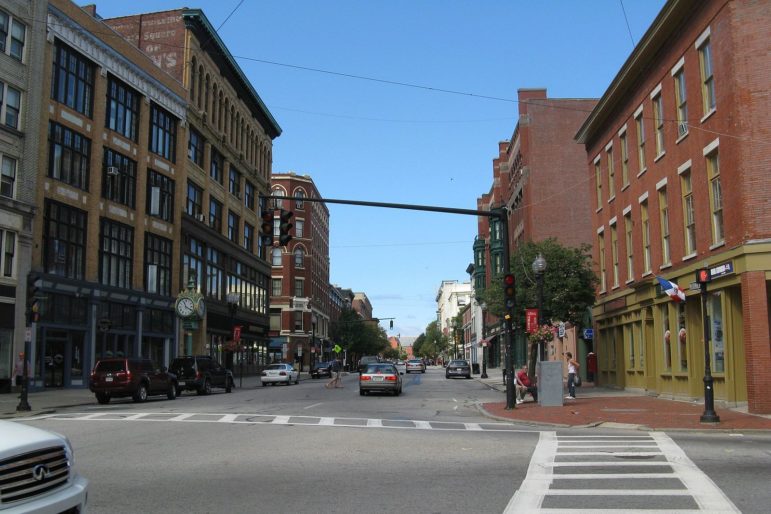
July 6, 2016; Lowell Sun
The issue of PILOTs, payments in lieu of taxes, continues to come up in cities across the eastern U.S. as cash-strapped local governments and cash-strapped nonprofits stand off against each other over how much tax-exempt nonprofits should contribute to local property tax rolls.
This time, the city manager of Lowell, Massachusetts is asking the city’s largest nonprofits why they won’t make voluntary payments in lieu of property taxes, reports the Lowell Sun. This aggressive initiative is a reaction to news that UMass Lowell is acquiring a residential mill development in the city of 109,000, which the paper says will eventually remove several hundred thousand dollars in property taxes from the city’s coffers.
The city’s chief financial officer recently pointed out that even as the state’s fourth-largest city, Lowell (about 30 miles northwest of Boston) is only 23rd in terms of how much money it gets in PILOTs. The Sun reports that the city’s administration will look at other nonprofits in town, such as Lowell General Hospital, the Boys & Girls Club, and others.
City Manager Kevin Murphy said it was “amazing” how many police calls the city receives from nonprofits. Some city councilors are pushing for the city to more aggressively collect PILOTs primarily from larger nonprofits, leaving smaller ones, such as churches, alone.
Sign up for our free newsletters
Subscribe to NPQ's newsletters to have our top stories delivered directly to your inbox.
By signing up, you agree to our privacy policy and terms of use, and to receive messages from NPQ and our partners.
One city councilor told the Sun that he hopes nonprofits will agree to share responsibilities in emergency-services and other costs: “I would like to think they’d understand.” There has also been a proposal to form a task force to propose a voluntary payment structure for nonprofits, with the understanding that nonprofits “are a major force” in the city.
The city recently compiled a list of how much the largest of the city’s nonprofits would owe the city if they were taxed as other property owners are. UMass Lowell would have paid the city nearly $1.9 million. Lowell General Hospital would have paid the city just over $1 million. All the city’s nonprofits would have paid the city just under $3.9 million if they were nonexempt taxpayers.
Recently, the city sent each nonprofit details on what they would have paid the city in fiscal 2015, with a suggestion that they make a contribution, but only about $17,000 was collected. Just three small nonprofits made such payments to the city last budget year.
Massachusetts is, of course, home to many of the country’s largest and richest nonprofits, including the likes of Harvard University, MIT, and a number of large medical facilities. There is a bill in the Massachusetts legislature that would require nonprofits to pay 25 percent of what their property-tax bills would otherwise be as PILOTs. Similar measures have been proposed in other eastern states.—Larry Kaplan













